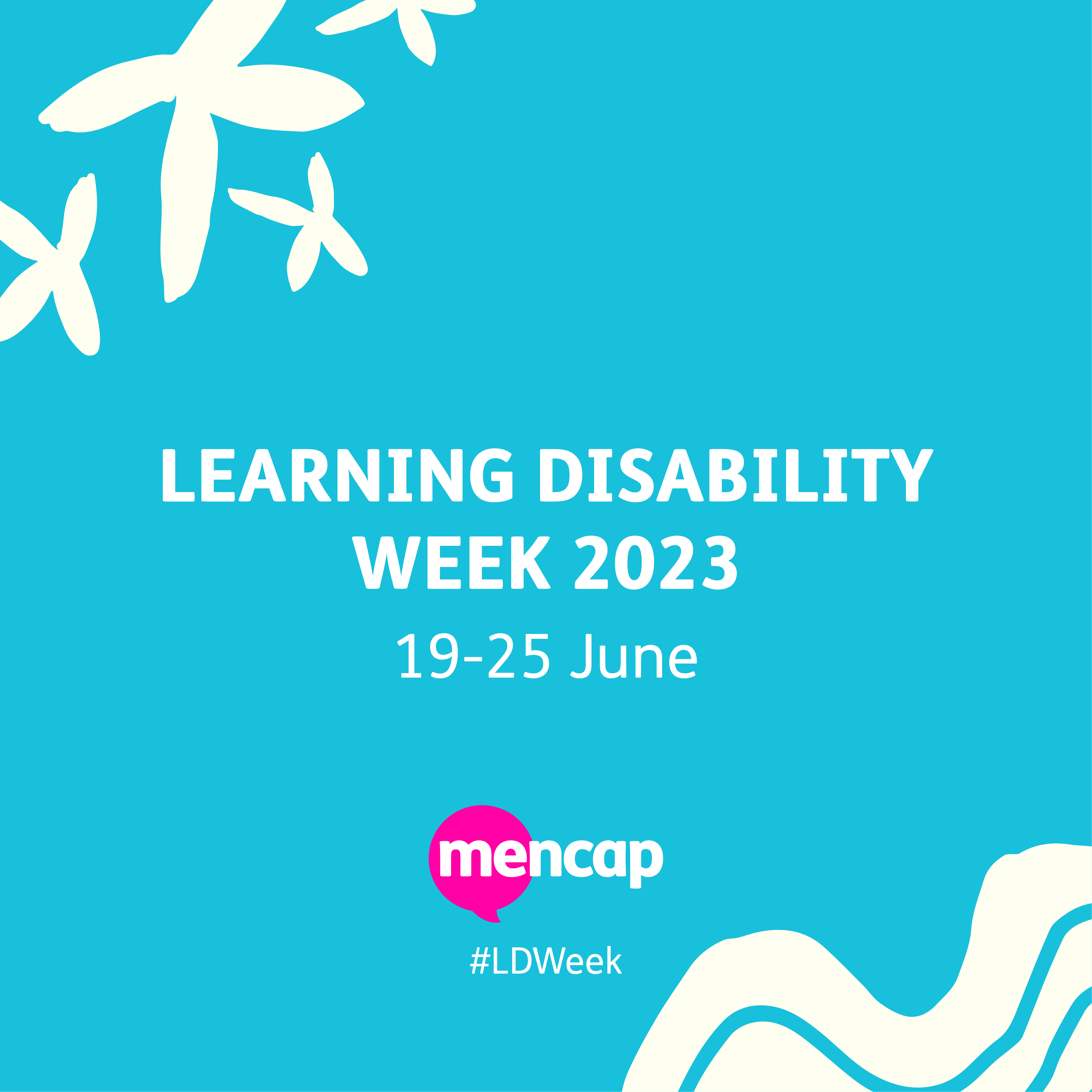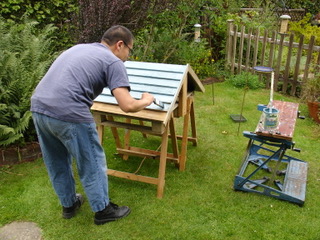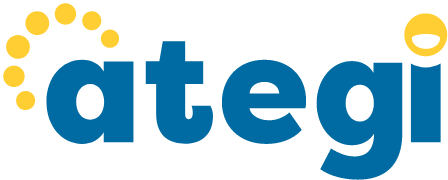Why volunteering can be so powerful for people with learning disabilities
This Learning Disability Week, we’re busting myths. Earlier in the week we released a blog about 6 common myths about people with learning disabilities. Now we want to look at the power of volunteering.
While organisations should strive to be inclusive and provide opportunities for volunteers with learning disabilities, there can be reasons why some organisations might be cautious or hesitant. It's important to address these concerns and work towards overcoming them. Some organisations may have limited knowledge or understanding of learning disabilities, some may worry about effective communication and the ability of volunteers with learning disabilities to perform specific tasks or organisations with limited resources or capacity may feel overwhelmed by the additional support and accommodations that volunteers with learning disabilities may require
Addressing these concerns requires a shift in organisational culture, increased awareness, and proactive steps to provide support and accommodations. Engaging in conversations with disability advocacy groups, consulting with experts, and sharing best practices can assist organisations in understanding the benefits and implementing strategies for involving volunteers with learning disabilities. By embracing inclusivity and providing appropriate support, organisations can tap into the unique strengths and contributions that individuals with learning disabilities bring as volunteers.
Volunteering can be incredibly beneficial for people with learning disabilities for several reasons:
- Skill Development: Volunteering provides opportunities for individuals with learning disabilities to develop and enhance various skills. It allows them to practice and improve communication, social interaction, problem-solving, decision-making, and organisational skills. Volunteering can also help individuals discover their strengths and talents, boosting their self-esteem and confidence.
- Social Integration: Volunteering offers a chance for individuals with learning disabilities to interact with others and build social connections. It can help reduce feelings of isolation and enhance their social skills by providing opportunities to engage with a diverse range of people. Working alongside others in a volunteer setting fosters teamwork, empathy, and understanding, promoting a sense of belonging within the community.
- Increased Independence: Volunteering empowers individuals with learning disabilities to take on responsibilities and become more independent. By engaging in meaningful activities, they can develop a sense of purpose and accomplishment. This increased independence can extend to various aspects of their lives, such as decision-making, problem-solving, and daily living skills.
- Improved Well-being: Volunteering has been shown to have positive effects on mental health and overall well-being. It provides individuals with a sense of purpose, which can combat feelings of low self-esteem or depression. Volunteering also helps reduce stress and anxiety by providing a structured and supportive environment. Engaging in meaningful activities and helping others can create a sense of fulfilment and happiness.
- Learning Opportunities: Volunteering exposes individuals with learning disabilities to new experiences and learning opportunities. They can acquire knowledge and skills related to the specific volunteer work they are involved in. This practical experience can complement formal education and provide valuable insights into different fields of interest.
- Community Engagement: Volunteering allows individuals with learning disabilities to actively contribute to their communities. It promotes inclusivity, diversity, and equality by showcasing the abilities and talents of individuals with disabilities. By volunteering, they become ambassadors for disability rights and help challenge stereotypes and stigmas surrounding learning disabilities.
It's important to note that when engaging individuals with learning disabilities in volunteer activities, it is crucial to provide appropriate support, accommodations, and adaptations tailored to their specific needs. This ensures a positive and inclusive experience that maximises their potential and benefits.
Organisations can take several steps to support people with learning disabilities to become volunteers:
- Accessibility and Inclusion: Ensure that your organisation's physical space and facilities are accessible to individuals with disabilities. This includes providing ramps, elevators, accessible restrooms, and clear signage. Create an inclusive and welcoming environment where individuals with learning disabilities feel comfortable and valued.
- Clear Communication: Use clear and concise communication methods to convey information to potential volunteers with learning disabilities. Provide written materials in plain language, use visual aids or pictograms when necessary, and offer alternative formats such as large print or digital versions. Ensure that instructions and expectations are communicated in a way that is easily understood.
- Individualised Support: Recognise that each volunteer with a learning disability is unique and may require different types and levels of support. Offer individualised support plans that consider their specific needs, strengths, and areas for growth. Assign a dedicated staff member or mentor to provide guidance, answer questions, and offer assistance when needed.
- Training and Orientation: Provide comprehensive training and orientation sessions specifically tailored to volunteers with learning disabilities. This can include information about the organisation, their role and responsibilities, safety protocols, and any necessary job-specific skills. Offer training in a variety of formats, such as hands-on demonstrations, videos, or interactive workshops, to accommodate different learning styles.
- Accommodations and Adaptations: Identify and provide any necessary accommodations or adaptations to ensure that volunteers with learning disabilities can fully participate. This may include providing assistive technologies, modifying tasks or work processes, offering additional time or breaks, or providing written instructions and visual cues. Regularly check in with volunteers to assess their needs and make adjustments as required.
- Peer Support and Mentoring: Encourage the involvement of existing volunteers or staff members as peer supporters or mentors for volunteers with learning disabilities. Pairing them with experienced individuals who can offer guidance, encouragement, and assistance can greatly enhance their volunteering experience. This support system can also foster social connections and promote a sense of belonging.
- Ongoing Evaluation and Feedback: Regularly evaluate the effectiveness of your organisation's support systems for volunteers with learning disabilities. Seek feedback from the volunteers themselves, their mentors, and staff members to identify areas for improvement. Continuously adapt and refine your strategies based on this feedback to ensure that volunteers' needs are met and their experiences are positive.
By implementing these measures, organisations can create an inclusive and supportive environment that enables individuals with learning disabilities to become volunteers and actively contribute to the organisation's mission. At Ategi, we actively champion the people we support to become volunteers and have seen the amazing results this can have on their wellbeing and confidence levels.
To find out how you can find out more about Learning Disability Week, and how you can get involved, head to MENCAP's website here


Chif is supported through Shared Lives and volunteers for local church, here he is helping to build a bug hotel.
Volunteering offers a chance for individuals with learning disabilities to interact with others and build social connections. It can help reduce feelings of isolation and enhance their social skills by providing opportunities to engage with a diverse range of people.

Danny is supported through Supported Living, he comes into the office to do shredding and goes into the community litter picking, his team are currently trying to get him a place as CAER Heritage volunteer. He loves getting into the community and talking to everyone.
Ategi has launched a new volunteering project: Support Circles, designed to empower people with learning disabilities
Read more here










About the author
Ategi comms
This post was written by the Ategi comms team.